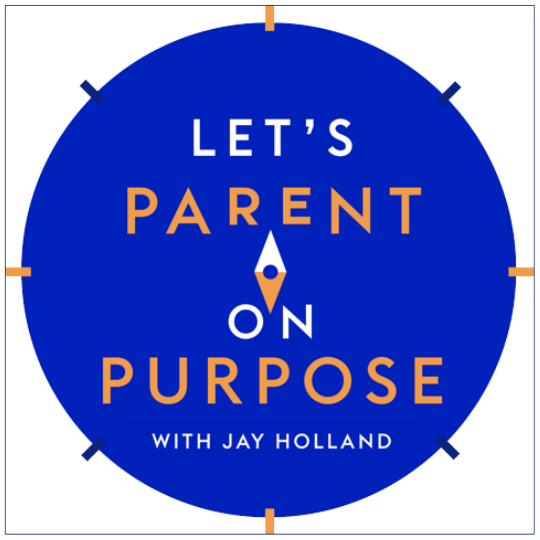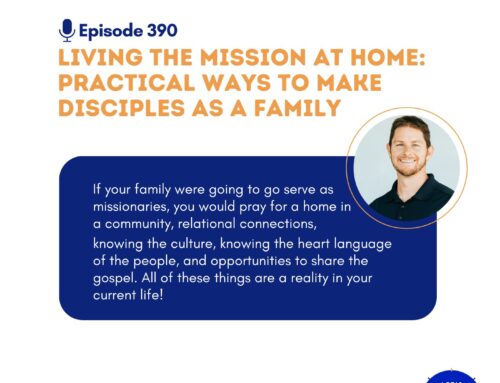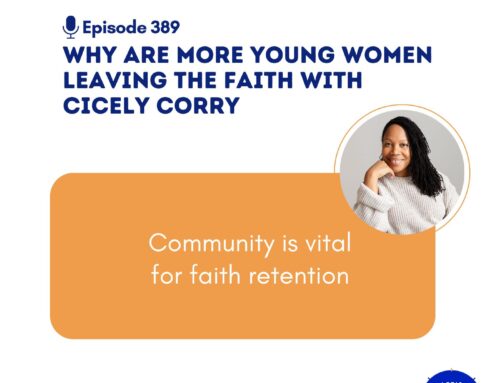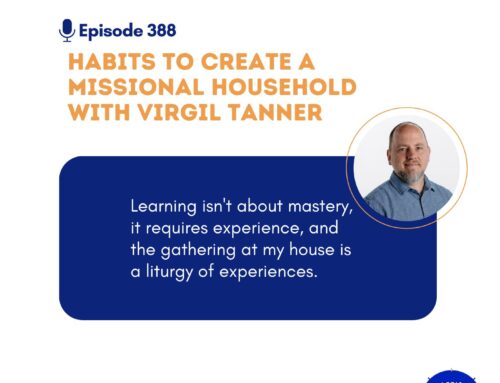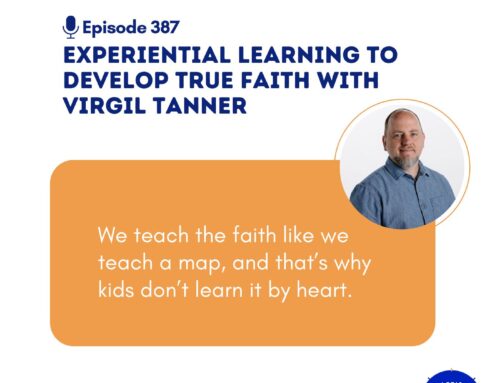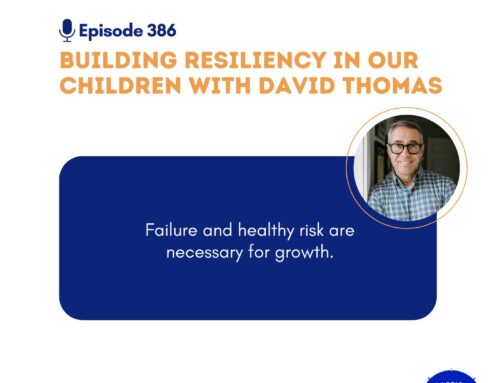Powered by RedCircle
Today we’re going to have a unique conversation with Tim Price, who is the father of a Down Syndrome child. We’re going to better learn how to train our children to love others with special needs. I really think you will be encouraged as you listen to this interview.
If you find this podcast helpful, you can subscribe and click here to find past topics and free resources. Feel free to share with others, as well! If you would like to help support Let’s Parent on Purpose, you can do so by becoming a patron.
I send a weekly email called “Things for Thursday” and it includes things I’ve found helpful related to parenting, marriage, and sometimes just things I find funny! You can sign up for “Things for Thursday” by joining my newsletter on my homepage.
Tim’s wife, Amy, has written a beautiful essay on the experience of raising a child with special needs. I will be including that essay in my newsletter!
Show Highlights
Tim Price is a member of my church and came to Christ as an adult. He is a mental health counselor, specializing in substance abuse and co-occurring mental health issues. He has been married to Amy for thirteen years and has two little girls. Their youngest daughter, Kherington (“Kiki”), was born with Down Syndrome. Tim and Amy help other families with special needs children and act as a bridge of understanding for those of us not walking through this particular challenge.
What is Down Syndrome?
- It is a chromosomal disorder where you have a third 21st chromosome, which causes physical differences as well as psychological, emotional, and learning delays.
Some characteristics that others may not know:
- Down Syndrome children do learn; It just takes longer.
- There is a delay in processing and answering. So, wait patiently.
- There are physical issues. Heart issues and arthritis are common.
- Life span is shorter.
- An adult with Down Syndrome typically has an IQ of 50.
What effect did a special needs child have on your marriage?
- We were blown away and realized things were going to be different.
- It definitely puts a strain on a marriage.
- The statistics are staggering – most men leave.
- Amy was accepting very quickly. It took me months of being angry and questioning God.
- We haven’t gone through it alone. That has made a huge difference.
For families that have all kinds of special needs, hear this:
- It is natural to grieve and be mad at God.
- There are more similarities than differences between children with special needs and those without them. It is just that the differences really stand out.
- You are not alone.
Most children are not special needs children, so helping families understand how to show the heart of Jesus and how to train kids to interact well with those who have special needs is important.
What are some of the interactions you have had that have been hurtful?
- Seeing your child left out.
- I don’t think peers or kids intentionally leave special needs kids out.
- Older kids are a little more understanding and a little more patient.
- Kids can be cruel without even intending to be so.
- All kids are sinners, but they’re typically not malicious.
- Children are naturally curious.
How can parents coach their children when they see someone who clearly looks different?
- Model behavior like you would model any other behaviors.
- Don’t scold them for asking questions in public, even inappropriate questions.
- If you are kind and loving in your responses and in your interactions with your children, the person who it is directed to will respond because they want to interact with people too.
What do you suggest parents do with the questions?
- Answer them on the spot.
- Answer them in a kind way and be aware of your body language as well.
- Bring the curiosity out and don’t shame them for it. You don’t want to communicate that a special needs person is a shameful person.
- Don’t stare. Go up and say hi to people with special needs. They would rather have a conversation than have people staring at them.
Any other thoughts that you think are helpful to communicate?
- You can talk to your kids at home about kids with special needs. Prepare them at home.
- Your children will become much better people and followers of Jesus with sustained friendships and interactions with those who are different.
- Create opportunities. Volunteer with organizations.
Tweet This
There really is a lot of life on the other side of finding out that diagnosis. Share on X They’ve got hopes. They’ve got dreams. They’ve got feelings. They want to be included. They want to play. They’re kids. Share on X The special needs child knows they have special needs. Share on XResources Mentioned
Emily Perl Kingsley’s “Welcome To Holland” Article
